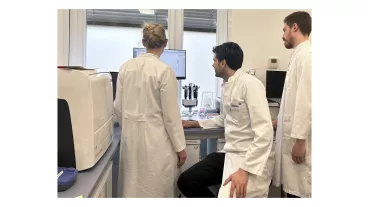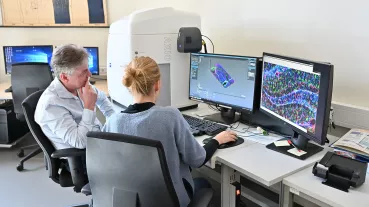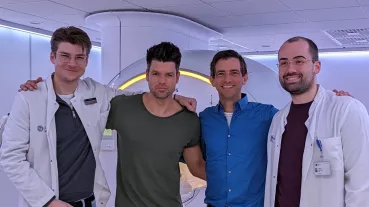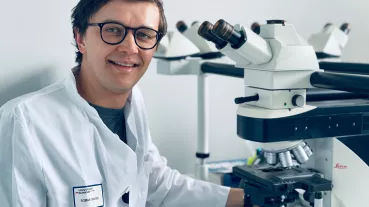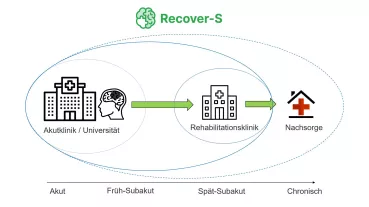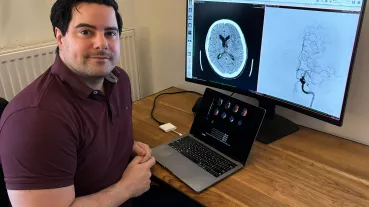The Neural Networks underlying Corticobasal Syndrome revealed by Magnetoencephalography
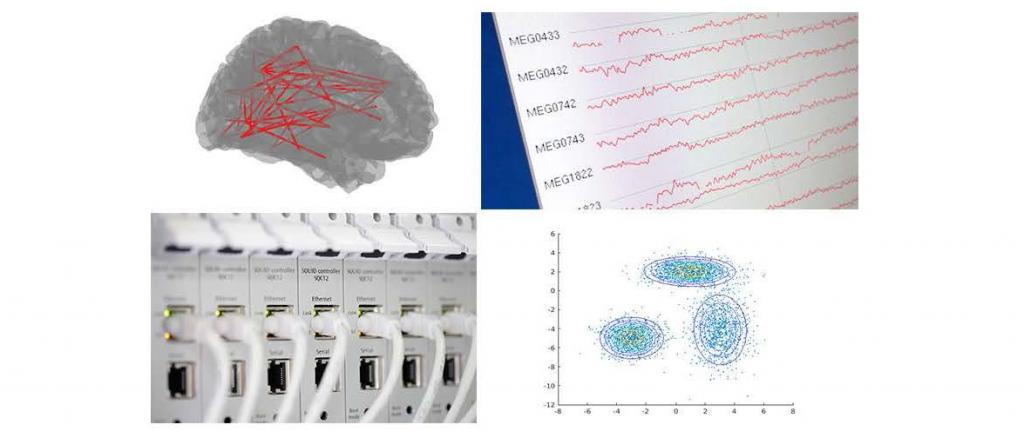
The corticobasal syndrome (CBS) is a rare brain disorder similar to Parkinson’s disease. In addition to causing motor symptoms, CBS affects cognitive aspects of motor control. Patients are often unable to imitate gestures or to pantomime the usage tools they are actually highly familiar with, like a hammer or a toothbrush. This symptom is called apraxia. Further, some patients perform upper limb movements which they do not intend to perform (alien limb phenomena). This project aims at revealing the neuronal networks underlying both, apraxia and alien limb phenomena by means of magnetoencephalography, a non-invasive method for recording brain activity. In addition, it seeks to develop a computer program which analyses brain activity to speed up the diagnosis of CBS.
